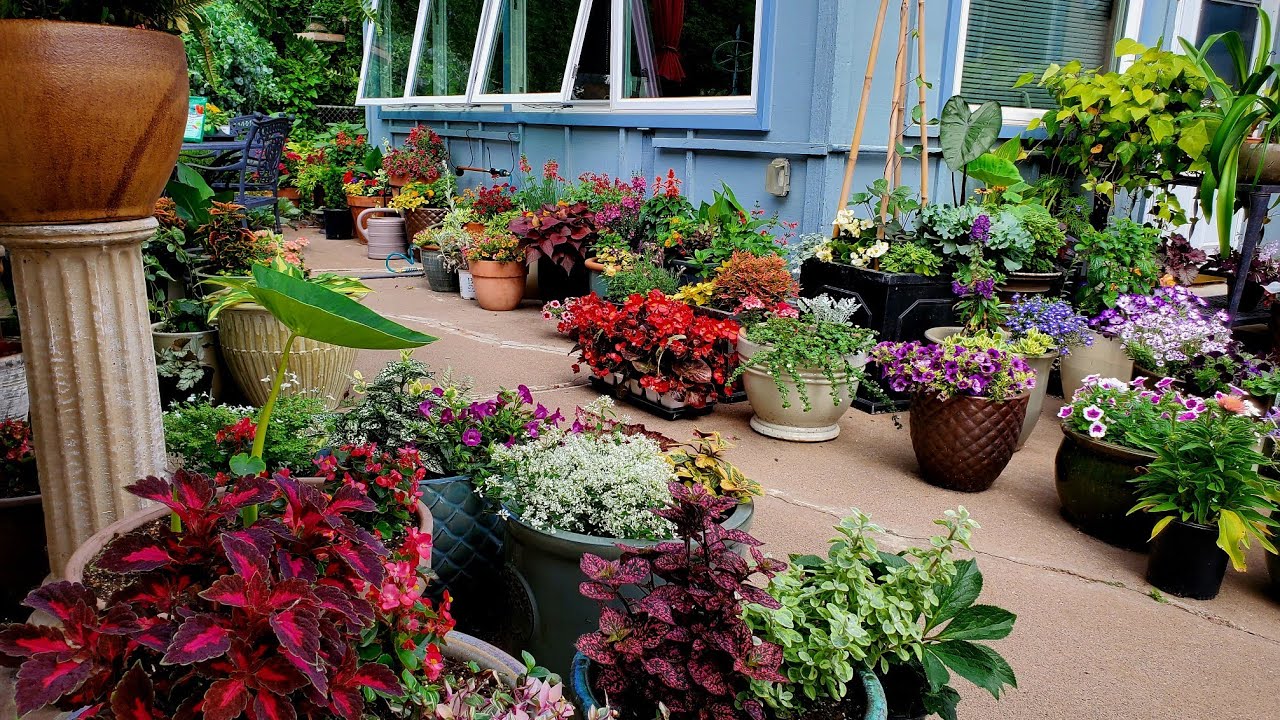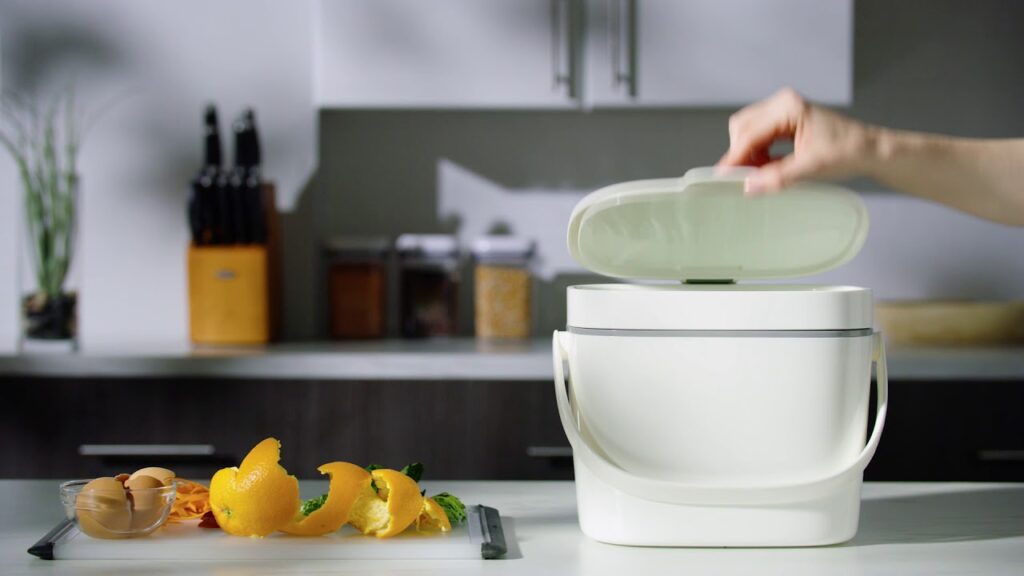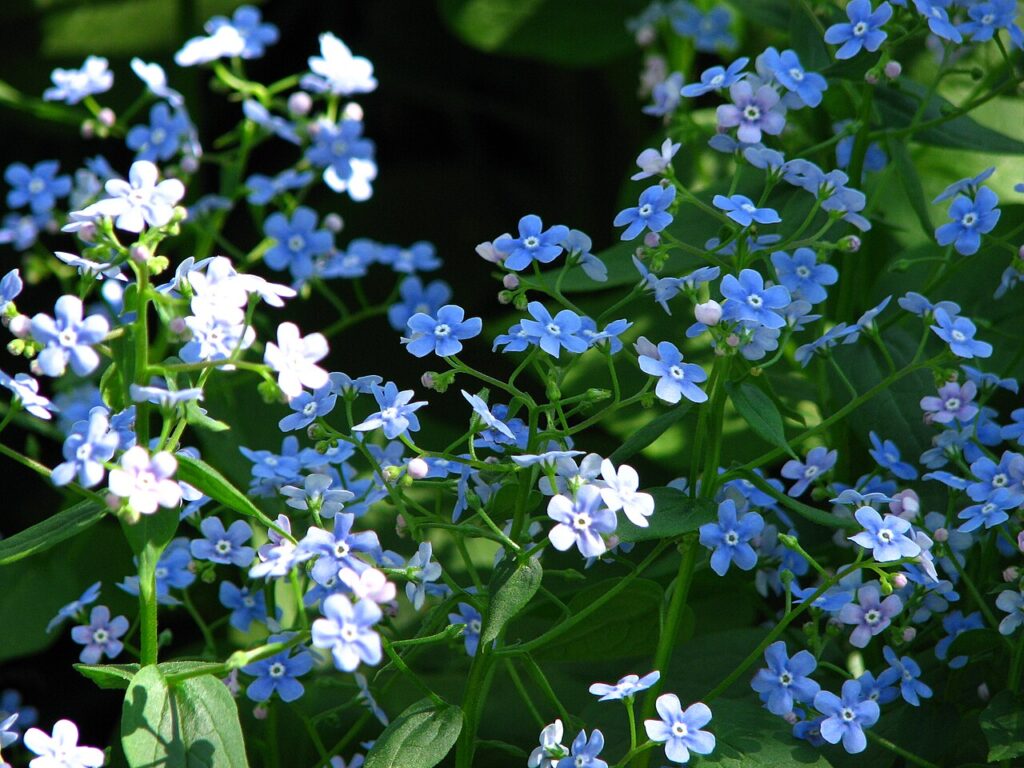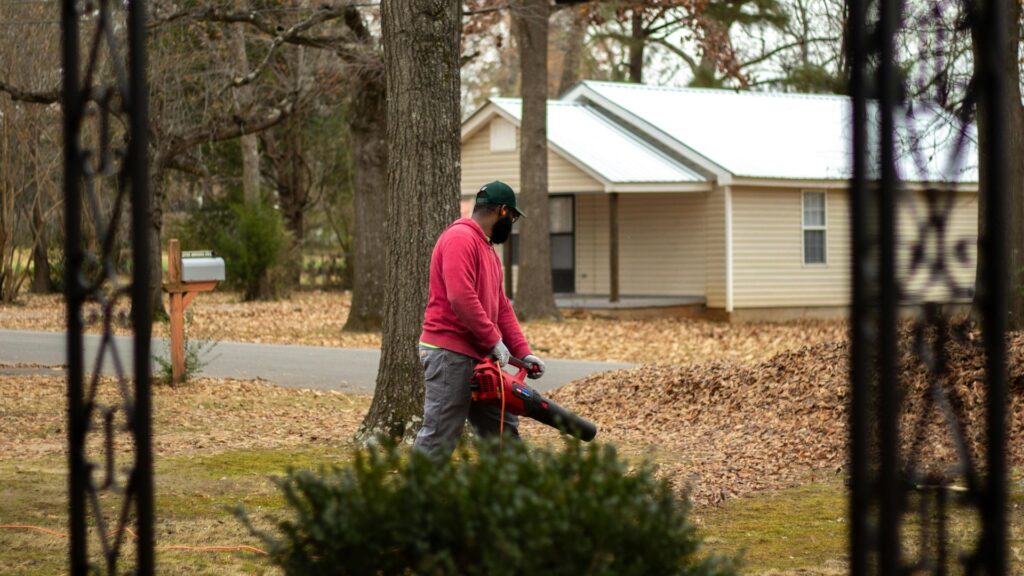You don’t need a yard to grow your own herbs. All it takes is a pot, a sunny spot, and a few minutes of care each week. Whether you live in an apartment, a townhouse, or a house with limited space, container gardening puts fresh flavor right at your fingertips.
Herbs are some of the easiest plants to grow. They’re low-maintenance, quick to harvest, and perfect for small spaces like balconies, patios, windowsills, or kitchen counters. If you’re ready to grow your own basil, mint, or rosemary, here’s how to start.
Choose the Right Container
Start with the right pot. Herbs don’t need deep soil, but they do need good drainage. Any container with a hole in the bottom will work—terracotta, plastic, ceramic, or even recycled containers.
Pick a pot size that matches the herb. Small herbs like thyme and chives can thrive in 6-inch pots. Larger ones like basil or rosemary do better in something 8 inches or wider. If you’re growing a mix of herbs, choose a longer planter and give each plant room to spread.
Use Quality Soil
Don’t just dig up dirt from your yard. Container herbs do best in a light, well-draining potting mix. Look for one labeled for vegetables or containers. These blends hold moisture without getting soggy, which is key for healthy roots.
You can also mix in a bit of compost to give your herbs a nutrient boost. Avoid using garden soil alone—it compacts too much in pots and can suffocate the roots.
Pick the Best Herbs to Grow
Some herbs grow better in containers than others. Start with easy growers that do well in pots and don’t mind being snipped regularly.
Top herbs for containers:
- Basil: Loves sun and heat. Great for pasta, salads, and pesto.
- Mint: Super easy to grow—but keep it in its own pot to avoid spreading.
- Thyme: A hardy herb with tiny leaves and tons of flavor.
- Parsley: Grows well in partial sun and adds freshness to almost any dish.
- Chives: Mild onion flavor, great for topping eggs or potatoes.
- Rosemary: A woody herb that thrives with lots of light and well-drained soil.
- Cilantro: Grows fast, but it bolts quickly in heat. Great for cooler weather or partial sun.
Find the Right Light
Most herbs love the sun. Aim for at least six hours of direct sunlight a day. A south-facing window, sunny porch, or balcony is ideal. If you’re growing herbs indoors, place them as close to the window as possible.
For dimmer homes, consider a grow light. A small LED grow lamp can keep herbs healthy through winter or in darker corners of your kitchen.
Water with Care
Herbs in containers dry out faster than plants in the ground. Check your pots daily in hot weather. Stick your finger into the soil—if it’s dry an inch down, it’s time to water.
Water deeply, letting it drain out the bottom. Don’t let pots sit in standing water, as that can rot the roots. Most herbs prefer to dry out a bit between waterings, especially rosemary and thyme.
Harvest Often
Regular harvesting keeps herbs healthy and productive. Snip the tops of plants to encourage bushier growth. Never cut more than one-third of the plant at a time; this helps it bounce back quickly.
Pinch off flowers as they form (especially on basil and mint) to keep the flavor strong and prevent the plant from going to seed.
Feed Occasionally
Herbs aren’t heavy feeders, but they do benefit from a little nutrition now and then. Use a balanced liquid fertilizer once a month during the growing season. If the leaves start to yellow or growth slows, a dose of food might help.
For organic gardeners, fish emulsion or compost tea are gentle options that keep plants healthy without overfeeding.
Move with the Seasons
One of the best parts of container gardening is the flexibility. If frost threatens, just bring your pots indoors. You can grow herbs year-round with a bright window or grow light.
Rotate your containers to ensure even light, and refresh the soil every few months if your herbs are living indoors full-time.
Container gardening makes fresh herbs possible anywhere, no matter the size of your space. With just a few pots, some good soil, and a little sunlight, you can turn a balcony or windowsill into a mini herb farm.
Start with a few basics, keep the watering simple, and enjoy the satisfaction of cooking with something you grew yourself. Once you taste the difference, you’ll never want store-bought herbs again.



